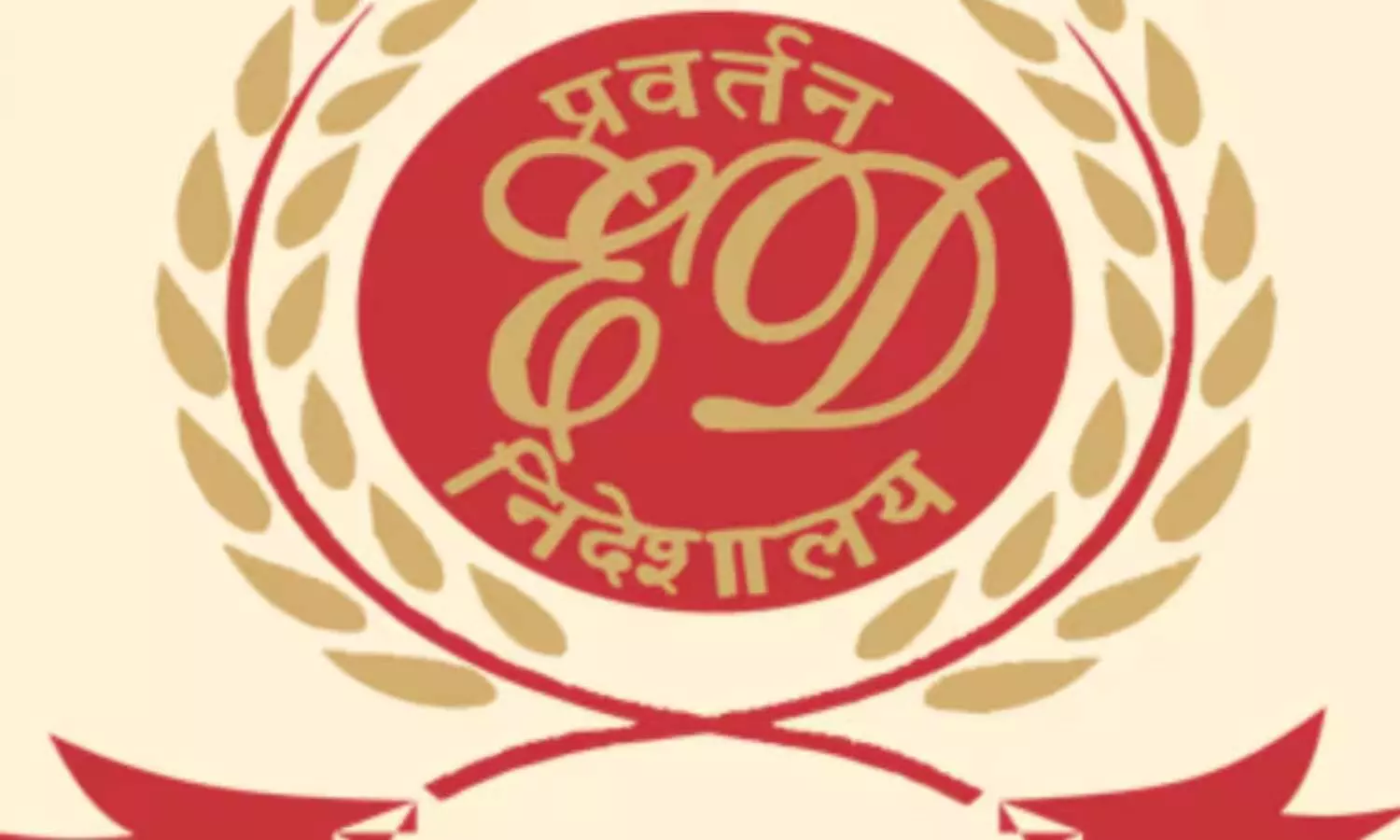ED to File New Chargesheet in Delhi liquor case, naming AAP
The Enforcement Directorate prepares to name AAP in a chargesheet regarding the Delhi liquor scam. The move carries significant political consequences.
image for illustrative purpose

The Enforcement Directorate is gearing up to file a new prosecution complaint, similar to a supplementary chargesheet, in the Delhi liquor case. This complaint is expected to name Delhi Chief Minister Arvind Kejriwal and the Aam Aadmi Party among the accused. It's likely to happen before May 15, marking the 60-day deadline since the arrest of K Kavitha, a Telangana MLC and a co-accused in the case.
The ED Chargesheet, currently in its final drafting stage, is anticipated to include four or five additional accused individuals, beyond those already named in the previous six chargesheets. Alongside Kejriwal and Kavitha, Chanpreet Singh, a political worker based in Goa, who was arrested on April 15, is also expected to be named. Singh is accused of managing AAP's funds for the Goa Assembly elections.
Officials suggest that one or two more individuals allegedly involved in hawala transactions, conducted after AAP purportedly received kickbacks, may also be mentioned in the chargesheet.
The decision for AAP accusation is unusual, but the ED claims to have strong legal grounds for doing so. The possibility was acknowledged by Additional Solicitor General S V Raju during a Supreme Court hearing regarding the bail of Delhi's Manish Sisodia, Deputy Chief Minister, who has been under arrest since February 2023 in connection with the case.
Some legal experts argue that treating AAP as a ‘company’ under the Prevention of Money Laundering Act is inappropriate. They assert that PMLA provisions have never been applied against a political party before. Enforcement Directorate Investigation adds complexity to the situation.
In its remand application related to Kejriwal's arrest, the ED alleged that AAP benefited significantly from the proceeds of crime in the Delhi Liquor Scam, thus implicating it under Section 70 of the PMLA. Critics argue that this move could have significant implications for political activity and democracy.

